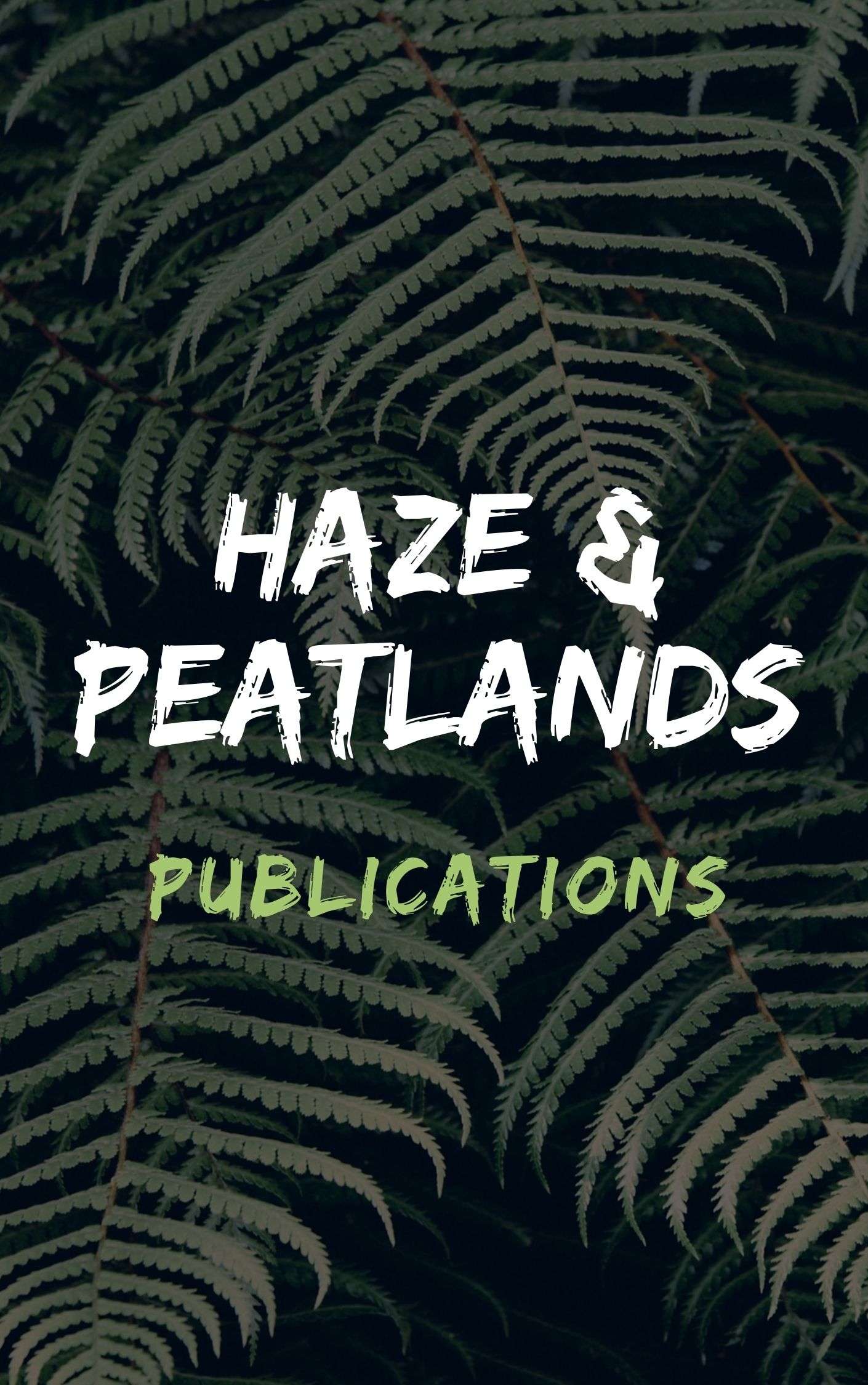Although rubber industry is one of the important pillars in Malaysia, there is still negative impact comes from the industry such as production of highly polluted effluents. However, the natural rubber waste (NRW) that has been discharged from the NR processing effluents contain some beneficial nutrients like Nitrogen, Phosphorus and Potassium (NPK) which is highly valuable to the plants. The objective of this study is to produce organic fertilizer from the NRW via vermicompost method. The performance of the organic fertilizer was evaluated based on the nutrient contents by using Inductively Coupled Plasma - Optical Emission Spectrometry (ICP-OES) method. Earthworms, coconut husk and coconut peat were added in the polybag together with the NRW and the mixture were left in the dark room for 21 days. The composting method was daily measured against the soil moisture, pH, and temperature and the data were compared with the soil mixture with the readymade fertilizer. After 21 days, the amount of NPK content in the vermicompost fertilizer was increasing in N and K contents, but there was a slight decrease in P content, which probably due to climate condition. The moisture, pH and temperature of the vermicompost mixture are within the standard range. © 2022 Author(s).
View source

